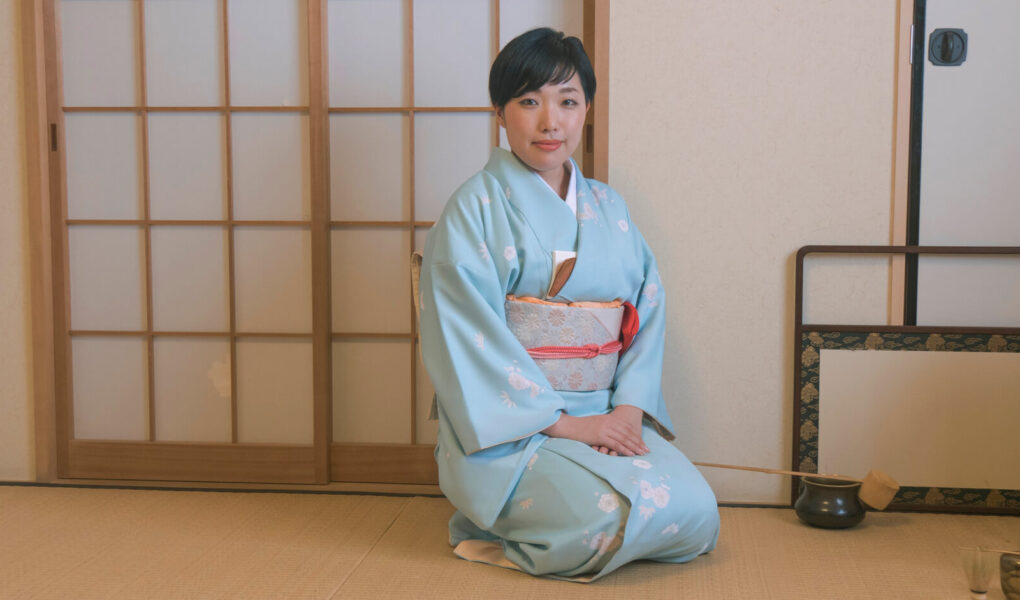Tea has played a significant role in the history and culture of many societies. As the world’s second most popular beverage, its impact is unmistakable. But what is often overlooked is the influence of tea ceremonies on modern society. From ancient China to 21st century America, the practice of drinking tea has evolved into a sophisticated art form with deeply ingrained customs and rituals. In this article, we’ll explore the captivating history of tea ceremonies and how they continue to shape contemporary life.
Table of Contents
Ancient China: The Birthplace of Tea Ceremonies
The tradition of tea ceremonies dates back to ancient China. According to legend, Emperor Shen Nong first discovered tea in 2737 BCE when leaves from a nearby tea plant fell into his boiling water. He found the taste and aroma so captivating that he began cultivating the plant and sharing the beverage with his people. Tea quickly became a vital part of Chinese culture, with the first documented tea ceremony taking place during the Tang Dynasty (618-907 CE).
Japanese Tea Ceremonies: The Way of Tea
While tea ceremonies originated in China, it was the Japanese who elevated them to an art form. The Japanese tea ceremony, or “Chanoyu”, blends elements of Zen Buddhism with a deep respect for nature. Practitioners focus on four principles: harmony, respect, purity, and tranquility. The ceremony itself is highly choreographed, with participants using precise movements to prepare, serve, and consume the tea. It is believed that by partaking in this ritual, one can achieve a heightened sense of mindfulness and inner peace.
Tea Ceremonies Around the World
The influence of tea ceremonies extends beyond Asia, with countries such as Morocco, Russia, and England developing their own unique traditions. In Morocco, the preparation of mint tea is a highly respected art, often performed by the head of the household in front of guests. The British afternoon tea, on the other hand, is a more casual affair centered around socializing and enjoying delicate finger foods alongside the tea.
Tea’s Influence on Health and Wellness
In recent years, there has been a resurgence of interest in the health benefits of tea. Many teas, including green, black, and oolong, are rich in antioxidants, which help combat oxidative stress and inflammation. As a result, tea has been linked to a wide range of health benefits, from weight loss to improved heart health.
In fact, some modern-day products, like the Flat Belly Tea, incorporate ancient tea knowledge to support a healthy lifestyle. This tea blend is designed to aid in weight loss and improve metabolism while also supporting a healthy inflammatory response.
The Modern Tea Experience
Today, the practice of tea ceremonies continues to evolve and adapt to our modern lifestyles. New trends, such as “gongfu tea” and tea cocktails, combine the ancient art of tea preparation with innovative techniques and flavors. Tea houses, which were once a staple of Chinese and Japanese cultures,
have begun to gain popularity in Western countries as well. These contemporary tea houses offer a blend of traditional tea ceremonies and modern experiences, creating a unique and relaxing atmosphere for guests to enjoy.
How Tea Ceremonies Impact Modern Society
Tea ceremonies have transcended their original purpose of simply brewing and drinking tea. In today’s fast-paced world, they serve as an opportunity for people to slow down, connect with others, and cultivate mindfulness. The practice of tea ceremonies teaches us to appreciate the present moment, a valuable lesson in an age where our attention is constantly pulled in multiple directions.
Furthermore, the global exchange of tea culture has encouraged cross-cultural understanding and appreciation. As people from different countries and cultures share their unique tea traditions, they foster a sense of unity and respect for one another.
Conclusion
The history of tea ceremonies is both rich and fascinating. As the practice has evolved over the centuries, it has left a lasting impact on modern society. From promoting health and wellness to fostering mindfulness and cross-cultural understanding, tea ceremonies continue to play a vital role in our lives. So, the next time you enjoy a cup of tea, take a moment to reflect on the centuries-old traditions that have shaped the experience.




